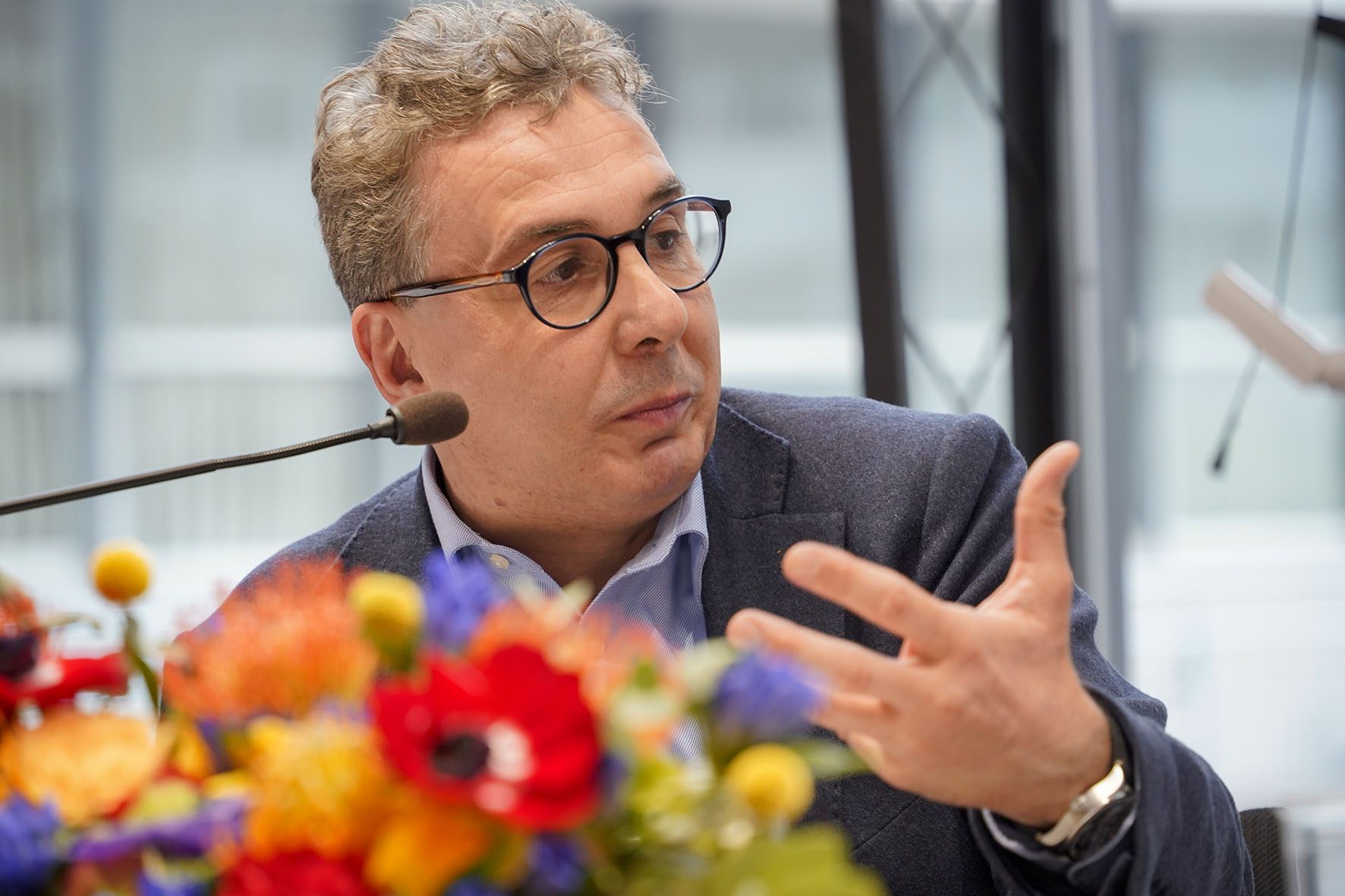What distinguishes a journalist from a non-professional? With the digital shift, anyone can pick up a phone and post informative content. Getting information online involves risks, how can you defend yourself? For Buonenotizie.it, Stefano Tallìa, president of ODG Piemonte, returns to talk about digital journalism.
With the digital transition, journalists continue to respect ethical rules, while the skills required evolve. Today the skills needed are different than in the past: you have to know how to manage them smart phonesunderstand shooting and video editing techniques, have greater confidence in foreign languages and do everything quickly.
You too can rediscover the pleasure of staying informed!
Your support helps protect our independence so that we can continue to produce quality journalism that is open to all.
Support us
The risks of digital information
The speed required by digital journalism is a risk for the verification of journalistic sources, and therefore for the truth. There are online sources that are certified and others that are not. The market of fake news we can confuse it with artisanal but in reality this is not the case: there are real “centers” of disinformation. This further underlines the role of the professional journalist: respect for the rules and respect for the truth of the facts must be a constant commitment.
“A phenomenon of journalism on the web is that of the creation of the media pillory – explains President Tallia – The journalist has a great responsibility: he has the duty to write all the news but cannot renounce his role of mediation and protection. The journalist has the right to inform and the duty to protect and safeguard the presumption of innocence of all those involved.. The journalist's job is not simply to reproduce all the information he or she has, but also to interpret it and provide interpretations. The digital algorithm also risks making the user enter a sort of comfort zone, in which it seems that everyone thinks like him, so as to multiply beliefs and create an information bubble in which only a certain type of news arrives. The only way to get out of it is to unhinge it and exercise your curiosity to seek out the news wherever it exists. It's not easy because humans tend to rely on what soothes them, but getting out of their bubble allows them to develop critical thinking. In this case, obtaining information through logs can play a key role. ».
Digital journalism does not change the principle of information
Today it is essential to know how to orient yourself sea magnum of the network, that is to say understanding who is speaking and understanding what their interests are. It is essential to have tools to understand how to move forward the Web: a bit like having a special driving license.
The tools change and the principle does not change. One of the reasons for the crisis in today's societies is the loss of critical thinking and the creation of waves that are followed indiscriminately. Critical thinking is created by reading more opinions, listening to more points of view but, with the background noise and the multiplicity of sources of information present on the the Web, it's harder. The journalist also maintains his role. “When I give the cards to new members of the Order – concludes President Tallìa – I always emphasize that the world is changing but we must stay focused on our principles. Journalism must be the opportunity for citizens to discover the world and make documented and informed choices. This is the role of journalism, whatever its form. »
Read also:
Digital transition, digital journalism with Stefano Tallìa
Constructive journalism as a response to the information crisis

